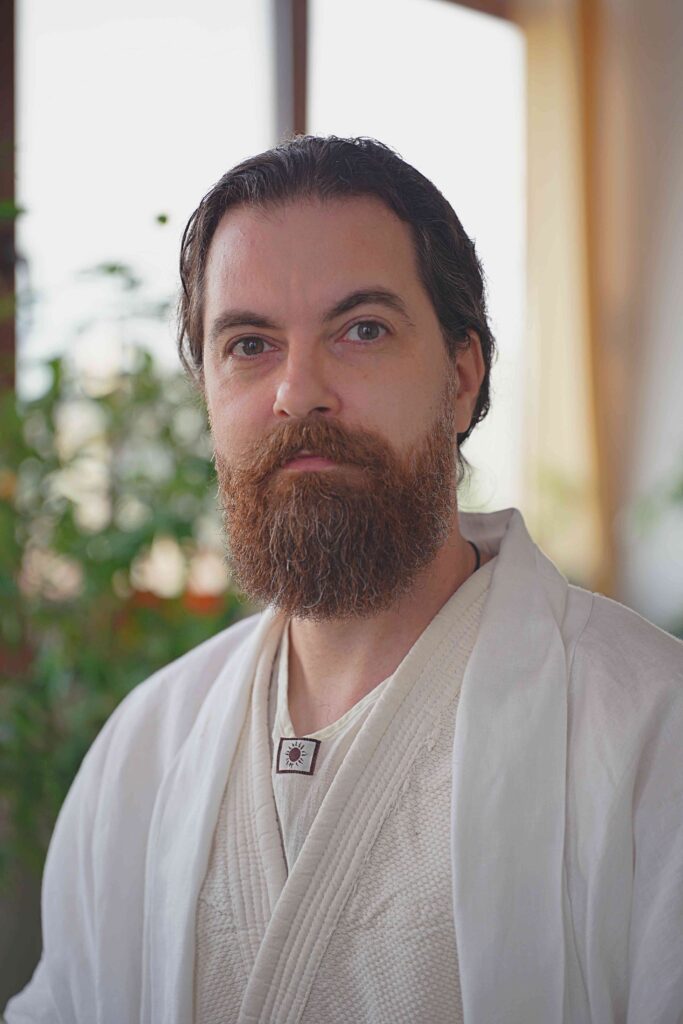My name is Alex Negrea.
I’m a massage therapist serving my community in a zen shiatsu studio from a little historical town in Romania.
In all this years I’ve learned the characteristics of my patients, I’ve met their relatives and friends, enjoyed their success or tasted their incertitude or failure in their lives.
I am not much different from other therapists from other countries, but the community I serve is special and I think this makes me distinct.
My attempt to personalize each massage session, to learn the anatomical architecture and living conditions of each patient, guided me in choosing the therapy techniques learned over the years, made me understand a pattern of patient’s problems. I had to learn and apply in our Medical Center shiatsu, thai massage, lymphatic drainage, reflexology, bioenergocorrection, trigger points, amatsu tatara… I had to travel to find teachers or I invited in our country massage Masters from other countries in my research of the most suitable therapy procedures.
To access as much information as possible, I joined several international organizations and councils. In this way I have met and collaborated with many personalities of our therapeutic world such as Spiros Dimitrakoulas, Shama Kern, Sergei P. Matveev, Kochi Naoya, Peter King, Mabel Alejandra Davila, Eiji Takakura and many others, but I must admit that what opening the door to all this was the collaboration with Jayney Goddard and the Complementary Medical Association. Being a member of the CMA has made it easier for me to start the dialogue with Institutes and personalities that I would have been difficult otherwise to approach and ask for their collaboration.
Looking back I understood that all my effort, my therapeutic capacity now is largely due to the fact that I have guided myself according to the needs of my community, of my patients. I believe that a therapist can develop only by dedicating himself completely to the community he serves. The community and the therapist are inseparable, they are like a living and functional organism, developing together, learning from each other. For this reason, I believe that being a therapist is not a job but a vocation. The more you invest in your patients, the more the community will invest in you as a therapist.
I thank the CMA for the opportunity to present some of my thoughts before my colleagues and of course, I hope that in the future we will be able to talk with each other on various topics related to our therapeutic work.

